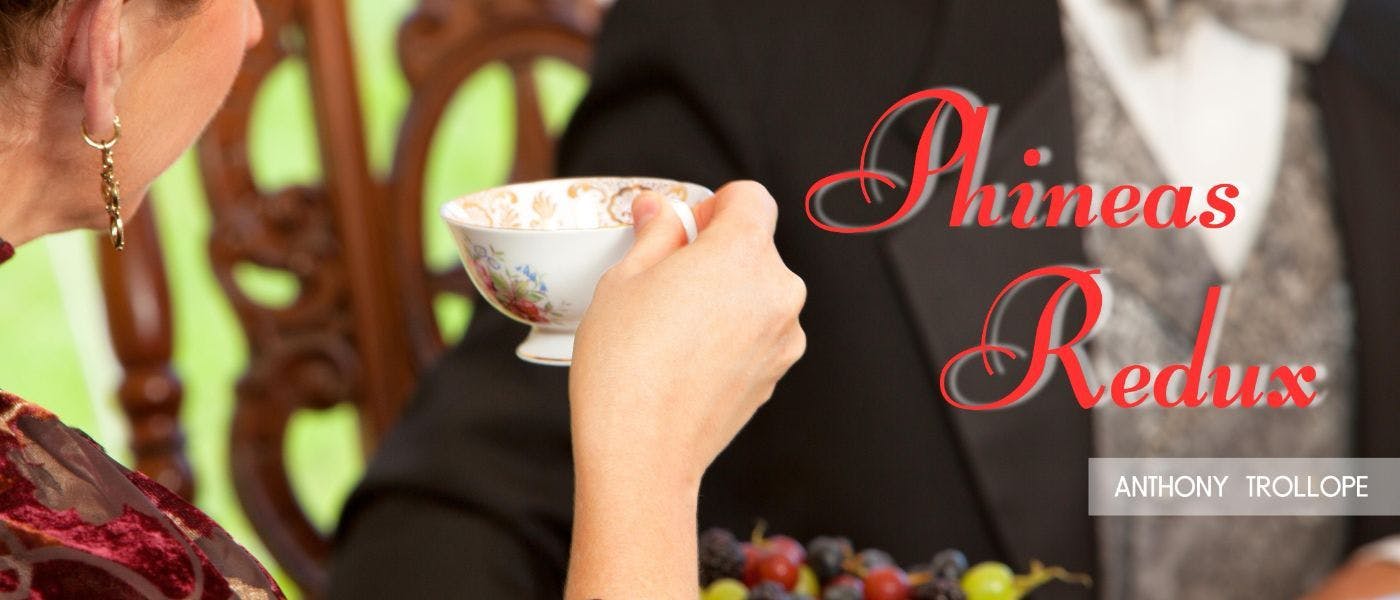THE TWO GLADIATORS.
by
October 14th, 2023
Audio Presented by
About Author
Anthony Trollope was a novelist.
Comments
TOPICS
Related Stories
A DAY IN THE CITY
Oct 14, 2023
A Long Day in London
Sep 21, 2023
A Love Gift
Oct 15, 2023
A Love Scene
Sep 26, 2023
A DAY IN THE CITY
Oct 14, 2023
A Long Day in London
Sep 21, 2023
A Love Gift
Oct 15, 2023
A Love Scene
Sep 26, 2023

